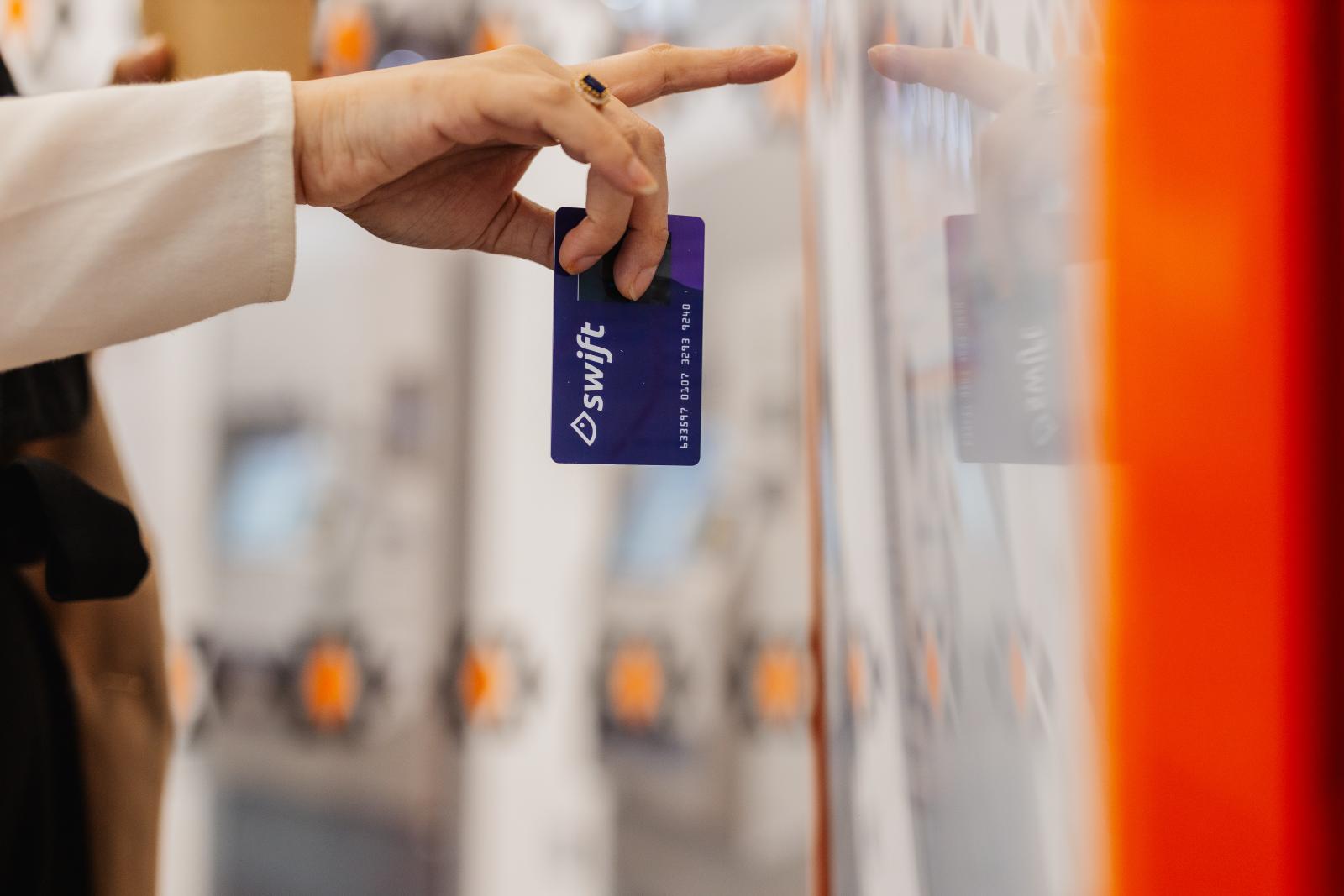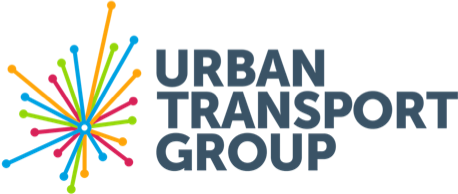New approach needed to give all major urban areas London-style smart and simple ticketing

A new report has identified multiple obstacles to giving public transport users in the city regions the smart, simple and integrated ticketing experience that passengers already enjoy in London.
These obstacles include:
- The complexity and increasing number of technical solutions to ticketing (for example, the now many ways to pay for travel such as bank cards, smart cards and apps) and the relatively small pool of skilled individuals within local authorities and operators to deliver them;
- The unwillingness of some operators to invest time and resources in multi-operator or multi-modal solutions that they perceive as niche markets or a threat to market share;
- The lack of national standards for many new ticketing technologies.
The report, prepared by consultants SYSTRA for the Urban Transport Group, finds that smart ticketing offers many benefits. For passengers, it removes the worry of having to understand fares and the need to carry exact change. For operators, it gives greater confidence that transaction volumes are correct and guards against fraud. And for authorities (and operators), the data provided by smart ticketing can be used to better understand journey trends.
The report makes the case for a new approach based on:
- Greater collaboration and common standards to reduce costs and ensure compatibility between ticketing systems across the full range of formats (including apps and bankcards)
- A joined-up Government strategy for ticketing which goes beyond separate strategies for bus and rail to support multi-modal solutions for urban areas
- The need for Government to provide revenue funding (in addition to capital funding) to support ‘early years’ costs, and that funding and investment should support UK-wide innovation.
The report finds that:
‘The current environment within which smart and Integrated ticketing is delivered and operated across the United Kingdom offers a unique opportunity to progress inter-operable solutions that will bring benefits to customers, operators and authorities.
‘There are however a number of key obstacles that must be overcome at a local, regional and national level.
‘If these opportunities are to be realised it will require the Department for Transport to provide clarity, direction and consistent support, across both policy and funding, to UTG members and the wider transport community in order that the desired outcomes can be achieved.’
Jonathan Bray, Director of the Urban Transport Group, said:
“Travellers in our large urban areas want what London has had for years. Simple ticketing across all modes available via a range of smart formats including smartcards, bankcards and apps. However, this report shows that in some respects there is a danger that we are heading in the opposite direction as new technologies proliferate without national compatibility standards, the Government lacks an overall strategy and cuts to local authority budgets means skills and expertise are in short supply.
“Our members already collaborate around fares and ticketing but the report identifies there is more we can do and we will be taking this forward to reduce costs and to ensure greater compatibility. But we also need a clearer national framework to work within and the resources necessary to bring about a London-style ticketing experience in all our major urban areas.”
Related content
Report

